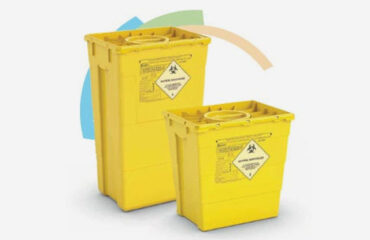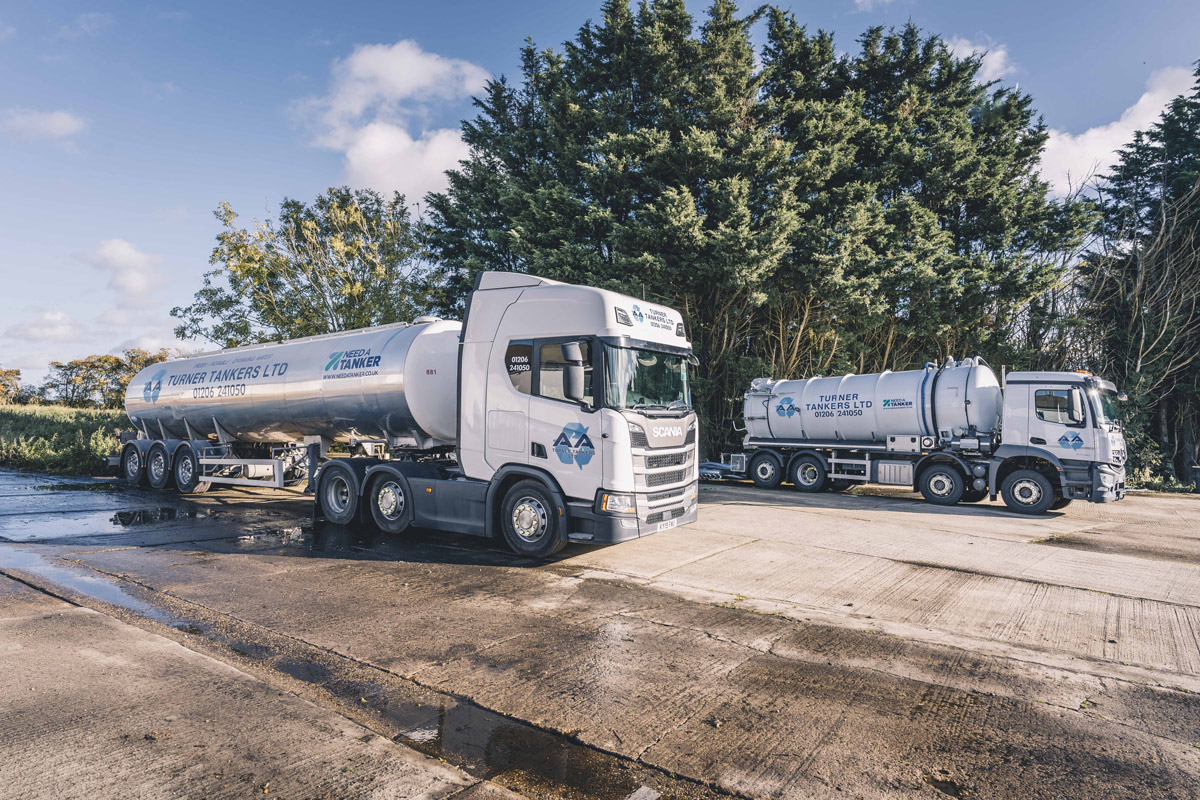9 Easy Facts About Reclaim Waste Shown
Table of ContentsGetting My Reclaim Waste To WorkThe Definitive Guide to Reclaim WasteTop Guidelines Of Reclaim WasteThe Best Guide To Reclaim WasteNot known Factual Statements About Reclaim Waste
Check out the types, events, and types of liquid waste. Residential sewage waste describes the waste and products from a domestic septic tank. This sort of waste is created by humans in residences, institutions, and various other structures. This only includes sewage-disposal tanks that have a drain area. The appropriate management and disposal of residential sewage waste require fluid waste to be transferred to a sewage treatment plant where the appropriate approaches and equipment are applied to cleanse and take care of waste.
Industrial waste often includes possible hazards, such as flammable products or a combination of liquid and strong waste items, and needs an advanced and in-depth disposal procedure. The disposal of commercial waste normally involves the filtering of waste prior to transport to ensure risk-free and appropriate disposal. Hazardous waste is developed from byproducts and runoff of industrial procedures and manufacturing.
This sort of waste can not make use of the same sewage administration transport or procedures as septic or business fluids. The commercial waste management process needs the assessment and screening of fluid waste prior to it undergoes the disposal process (liquid waste disposal). Drainage waste is the fluid waste that originates from drainage and excess stormwater in very booming locations or cities
Drainage waste can create contamination and flooding otherwise taken care of properly. Learn more about sewer cleansing and waste administration. Making certain correct waste monitoring can protect against calamities and minimize environmental harm. Both individuals in household setups and experts in industrial or production sectors can gain from comprehending the processes and regulations of fluid waste administration.
Fascination About Reclaim Waste
Contact PROS Providers today to discover our waste management and disposal solutions and the proper methods to look after the liquid waste you generate.
Do you know what happens to your water when you draw the plug, flush the commode or drain pipes the washing machine? No? Well, it deserves understanding. This so-called 'wastewater' is not just an important resource but, after treatment, will certainly be released to our land, rivers or the ocean. Used water from commodes, showers, baths, cooking area sinks, laundries and commercial processes is recognized as wastewater.

water used to cool equipment or tidy plant and devices). Stormwater, a kind of wastewater, is overflow that moves from agricultural and metropolitan areas such as roofings, parks, yards, roads, courses and gutters into stormwater drains pipes, after rain. Stormwater streams untreated directly to neighborhood creeks or rivers, ultimately reaching the sea.
A Biased View of Reclaim Waste
In Queensland, most wastewater is treated at sewage treatment plants. Wastewater is moved from residential or commercial sites through a system of sewers and pump stations, referred to as sewerage reticulation, to a sewage treatment plant. City governments develop, preserve and operate most sewage treatment plants. Operators are certified under the Environmental Management Act 1994 to release treated wastewater at an appropriate environmental criterion right into waterways.
The Division of Natural Resources encourages regional federal governments regarding managing, operating and preserving sewerage systems and therapy plants. In unsewered locations, city governments may require householders to install individual or household sewer therapy systems to deal with domestic wastewater from toilets, kitchens, bathrooms and washings. The Department of Natural Resources authorises the usage of house systems when they are verified to be efficient.
In some new class, treatment of some stormwater to get rid of trash, sand and crushed rock has started utilizing gross toxin traps. Wastewater therapy happens in four phases: Removes strong matter.
Wastewater after that streams right into big tanks where solids resolve and are gotten rid of as sludge. Oil and scum are skimmed from the my explanation surface area. Uses small living microorganisms understands as micro-organisms to damage down and remove staying liquified wastes and fine bits. Micro-organisms and wastes are included in the sludge. Removes nitrogen and phosphorus nutrients that might create algal blooms in our waterways and intimidate aquatic life.
A Biased View of Reclaim Waste
Nutrient elimination is not readily available at all sewer therapy plants since it needs costly specialised equipment. Clear fluid effluent generated after therapy may still include disease-causing micro-organisms - liquid waste disposal.

A lot of wastewater flows into the sewage system. Under the Act, regional federal governments provide approvals and permits for environmentally pertinent activities (Periods) including wastewater launches that might have a neighborhood effect.
The smart Trick of Reclaim Waste That Nobody is Discussing
Tracking supplies valid details about water high quality and can validate that licence conditions are being fulfilled. The information obtained with tracking provides the basis for making water quality choices.
Comments on “The Buzz on Reclaim Waste”